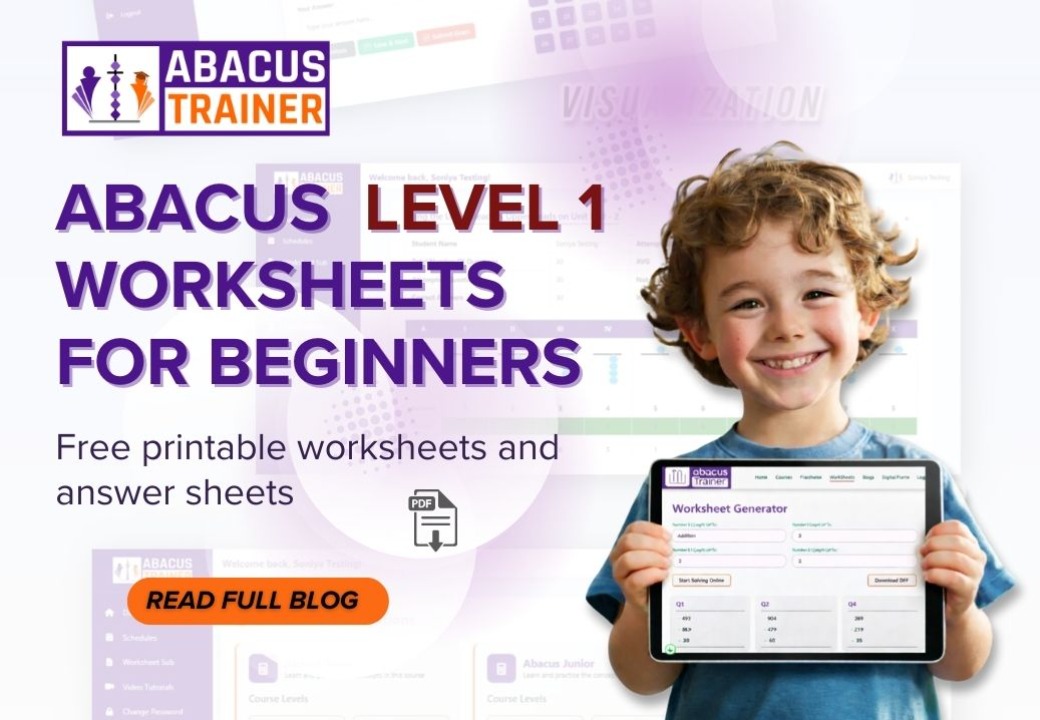First, the obvious: Your child's brain is a sponge — soak it all in!
There is so much going on in their brain from the moment they're born. In fact, by age three, the human brain has developed more than 1,000 trillion connections – yes, that's right, more than 1,000 trillion! That's a lot of brain power. But there's a catch: the brain doesn't grow itself. It requires input from the world around it — and that's where you, the parent (or caregiver), come in!
The Brain's "Building Blocks"
Picture the brain as a massive set of Legos. Each nugget of that experience, the big of a new word, a great fun song, or even learning to stack some blocks, is the snapping together of another Lego piece. At this point, everything counts — even that goofy song you sing in the car (no shame if you repeat "Twinkle Twinkle" a few extra times). These repeated interactions are exercises that help the brain construct a robust scaffolding. This means that with every hug, every smile, every moment you interact with your child, you're helping their brain grow!
Learning Early Has Lasting Effects
The cool part is neuroplasticity — don't freak out; it's just a fancy word for the brain's capacity to change and learn. Your baby's brain is super flexible and moldable, like clay, during the earliest years of life. Everything they do — play with a toy, hear you read a story or learn to walk — forms neural pathways. The more pathways you help them forge, the more efficient the connections become, and the more resourced your child's brain becomes in problem-solving, memory, and even interpreting emotions. It's good for their brain, you know?
How Can You Help?
You don't have to be a brain scientist to help your little one's brain grow. Simple things work wonders:
Communicate with them — even if they can't talk to you yet! After all, the more words they hear, their language skills will be stronger by the time they are 2 or 3.
Play, play, play — yes, that's right. Playing with toys and games or even practicing on a child's size abacus is much more than fun — boosting their brainpower.
Foster curiosity— allow them to explore, touch, and feel. The more they play with and absorb their environment, the more the brain grows.
How Abacus Can Be of Use to Your Child's Brain You may be thinking, "This is all well and good, but how can I (the parent) further develop my child's brain?" Enter the abacus! Working an abacus isn't just teaching math; it's helping to potently change your child's brain. Visualizing the numbers and moving the beads activates both the left and right brain, improving a child's cognitive skills, concentration and memory.
Do you want to know more about the Role of Abacus in Child's Brain Development?
So, in a nutshell, the first few years of life are akin to building the foundation of a skyscraper. The experiences, love and stimulation you provide go toward forming a sturdy, resilient brain. And yes, even when the ride gets messy (my darling, tantrums!), every baby step helps your child's brain grow powerfully enough to take on the world. Keep it fun and light, and watch their brain power grow—trillions of connections simultaneously! 






